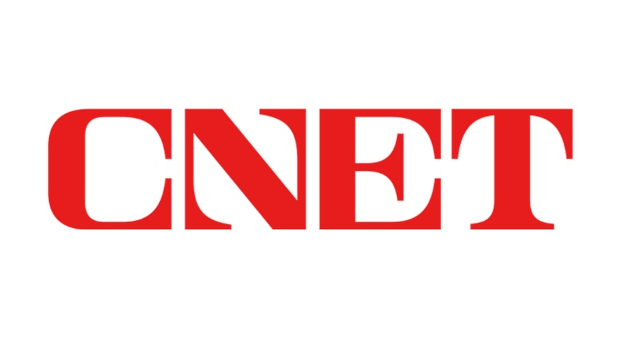
Tech news giant Cnet to go on the auction block
It’s a tumultuous start to 2024 for media with the news that Cnet is to be sold. Founded in 1995, Cnet, once Computer Network, was a pioneer of online journalism. Building off the back of a cable television channel founded in 1992, Cnet created a giant niche for online information technology news and features, or at least mined a rich seam.
According to Axios the site’s current owners Red Ventures, hope to hive the business off and pocket $250 billion (approx. €230 billion) in the process.
A sale, or proposed sale, is hardly the end of the road, but one could forgive journalists for feeling a little nervous. After all, Cnet is not alone. Condé Nast, owner of music megasite Pitchfork, recently announced the site was to be folded into its glossy watch brochure GQ. Though the ‘brand’ will ‘continue’, significant layoffs were announced. (The Pitchfork-branded music festivals will continue, but for how long will these remain profitable without the credibility of a hipster bible to back them up?)
What is not news is that online media in general is struggling. Last year saw Vice, a destination website for edgy content, file for bankruptcy. Buzzfeed News was not exactly my idea of journalism, but my critique did not extend to wishing for its death, which also came last year, and the ‘long tail’ isn’t looking as long as it used to following editorial firings at Bandcamp.
The long goodbye
The life and death of media outlets is something I frequently think about, having ‘enjoyed’ my entire career in journalism during the perma-crisis that is the coming obliteration of the industry by the Internet.
The much-ballyhooed death of print has never quite arrived but it would be wrong to imagine the media landscape was unchanged. Sales of print newspapers continue to sink and I suspect that they only hang around because display advertising remains, for now, more profitable than the penny-ante click revenue available online. Entire segments of the consumer magazine market barely exist today, with consumer-oriented computer magazines being an obvious example as technical content was early to migrate online.
Naturally, even the outlets for print have changed. Several Dublin convenience stores have stopped carrying newspapers, while the magazine racks, in all of them as far as I can tell, have been shorn, pared back to the bare minimum. In true newsagents’ the magazine racks, such as they are, are dominated by cheap weeklies and pricey, ultra-high end ‘bookazines’. At least one city appears to be without a large newsagent, too: a recent trip to Belfast, which lost its last Eason during lockdown, left me struggling to find a decent selection of titles outside of the supermarkets.
Things couldn’t be more different here in France. While it is true that rural villages and small towns are disturbingly short of shops (one recent drive through Normandy forced me to resort to a pizza vending machine for dinner. It was OK), newsagents’ racks in the cities bow under the weight of magazines and papers.
That’s not to say the press is not struggling, though: French daily newspapers in particular have seen circulation plummet, and it is hard to escape the conclusion that at least some of them exist largely due to the generous state subsidy scheme (something that is not without its own problems). Still, at least you can buy a newspaper or magazine here, if you actually want to.
The problems faced by newspapers and by magazines are similar, but not the same. Newspapers are universalist in orientation, attempting to make sense of the world and, therefore, allow the reader to orient him- or herself in the world. They bring you the news, which is the plural of new. Magazines are different. As the term implies, they are collections or stores of things, and typically particular in focus. As a result, they are purchased for different reasons, and often by different people, and so have a different commercial proposition for advertisers.
And yet, both are struggling as advertising spend is more and more thinly spread.
This threat from declining revenue is not only to ‘old media’ dinosaurs like yours truly. Even much more recent forms of media are starting to worry. Independent long-form video markers on YouTube have recently expressed concern that the algorithm which once made them profitable is now suffocating them by increasingly pushing short-form content that competes with TikTok.
Yes, there are always Substack and Patreon, but, really, how many are you willing to subscribe to? And wasn’t it once the job of some or other person to collect interesting and useful information and present it to you periodically?
More than all that, the relentless drive for efficiency – irresistible to business now that clicks offer a rough estimate of how many people read any given article or watch any video – has robbed publications of some, perhaps much, of their eccentricity and their readers the pleasure of serendipity.
This is only going to get worse. In an era in which the threat from artificial intelligence is real we should learn the lesson already plain from living with the algorithms: we are not machines, so the human, and indeed humanistic, touch is essential.
I was going to end this with an overarching thought but have decided not to. Instead I’m going out to buy a newspaper and a couple of magazines.








Subscribers 0
Fans 0
Followers 0
Followers